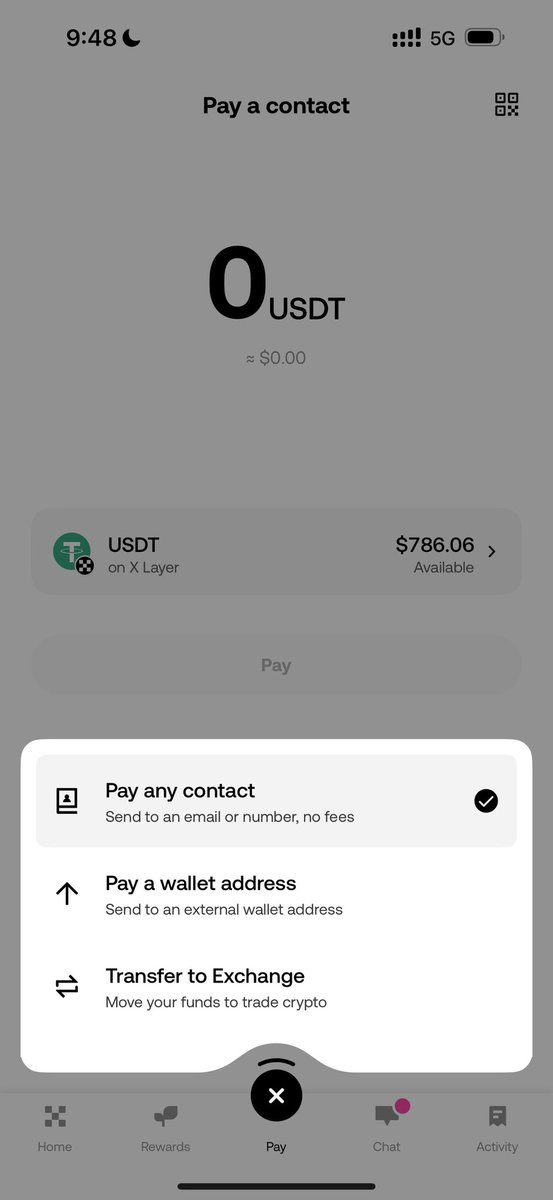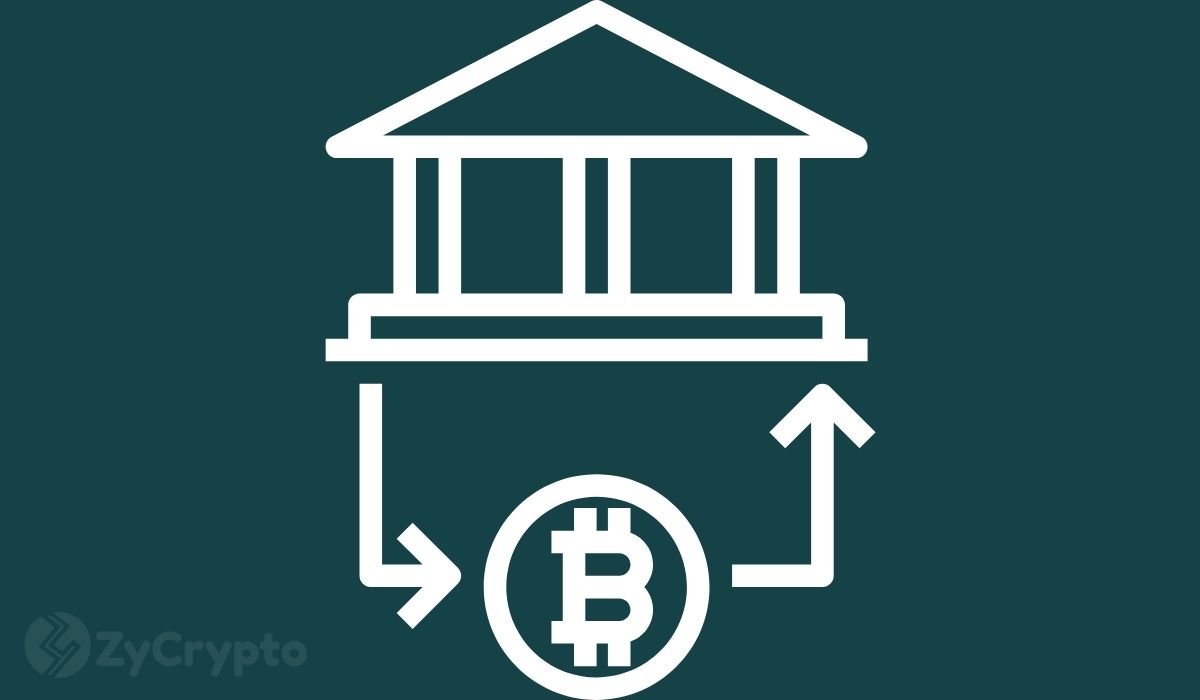TLDR
- Yemeni citizens increasingly use DeFi protocols as sanctions against Houthis limit traditional banking
- DeFi accounts for 63% of Yemen’s crypto web traffic, while centralized exchanges account for 18%
- US has sanctioned cryptocurrency addresses linked to Houthis, with over $900 million in outflows identified
- Crypto adoption spiked after sanctions, with one Yemen-based exchange seeing a 270% volume increase
- Houthis have used crypto to procure weapons and military equipment, including UAVs from Russian brokers
Yemeni citizens are turning to decentralized finance (DeFi) platforms at growing rates as US sanctions targeting the Houthi group restrict access to traditional banking services. This shift comes as the war-torn nation grapples with both ongoing conflict and financial isolation.
Yemen has been in a civil war between the government and the Houthi group since September 2014. The US has repeatedly imposed sanctions on financial infrastructure in the country to disrupt Houthi activities.
The most recent US action on April 17 targeted the International Bank of Yemen. This follows the Biden administration’s relisting of the Houthis as a Specially Designated Global Terrorist in January 2024 and their subsequent designation as a foreign terrorist organization.
DeFi Usage Patterns
According to blockchain intelligence firm TRM Labs, DeFi platforms now account for the majority of Yemen’s crypto-related web traffic. These decentralized services make up over 63% of observed activity.
Global centralized exchanges account for only 18% of crypto-related web traffic in the country. This pattern suggests Yemenis prefer systems that allow transactions without intermediaries.
“For those who use cryptocurrencies in Yemen, the ability to bypass the disruption in local financial services offers a modicum of financial resilience,” TRM Labs reported. This is especially valuable as banks in the region are “difficult to access or are simply inoperable due to the ongoing conflict.”
Some local Yemenis use peer-to-peer crypto transactions to move funds across borders or conduct remittances. This approach helps families dependent on money from the Yemeni diaspora to transfer funds without high fees.
Internet infrastructure challenges and low financial literacy have limited broader crypto adoption in the past. However, necessity rather than speculation appears to be driving current growth.
 Data from TRM Labs
Data from TRM LabsSanctions Drive Adoption
The legal status of cryptocurrencies in Yemen remains undefined with no specific legislation in place. However, increasing sanctions appear to be accelerating crypto usage.
Following the January 2024 relisting of the Houthis as terrorists, a Yemen-based cryptocurrency exchange tracked by TRM Labs saw a 270% increase in overall volume. While this eventually returned to previous levels, another 223% spike occurred after the US reinstated the Houthis as a foreign terrorist organization.
On April 2, 2025, the Office of Foreign Assets Control (OFAC) sanctioned a network of Houthi financial facilitators. This action included identifying eight cryptocurrency wallet addresses associated with the group.
TRM Labs’ analysis of these addresses revealed over $900 million in outflows. These funds moved to various entities, including a Russian broker selling unmanned aerial vehicles (UAVs) and anti-UAV equipment.
The Houthis’ UAV capabilities have improved dramatically in recent years. The group has reportedly downed a dozen US drones since October 2023.
In December 2024, OFAC identified five more cryptocurrency wallets linked to Sa’id Al-Jamal, an Iran-based financier associated with both the Houthis and Iran’s Islamic Revolutionary Guard Corps. These addresses received over $330 million in total inflows.
The Houthis have also explored cryptocurrency mining since at least 2017. Reports indicate they used services like Coinhive to mine cryptocurrencies through YemenNet, the country’s primary internet service provider under their control.
As international sanctions tighten against both the Houthis and their Iranian backers, experts expect the group’s use of cryptocurrency to grow. Decentralized digital currencies offer an alternative less susceptible to oversight as traditional financial avenues become restricted.
The post Yemeni Citizens Turn to DeFi as US Sanctions Target Houthi Group appeared first on Blockonomi.



























 24h Most Popular
24h Most Popular








 Utilities
Utilities